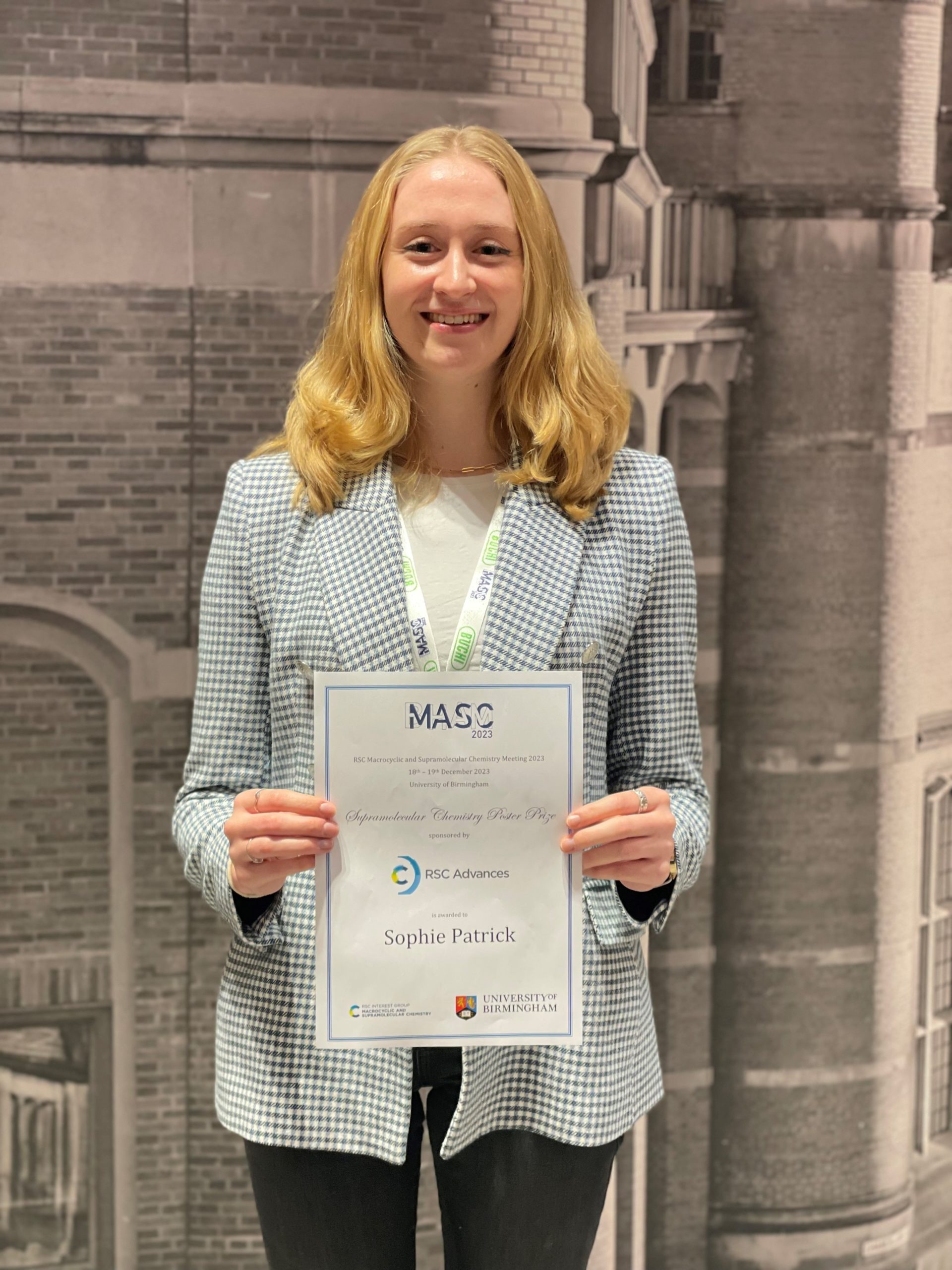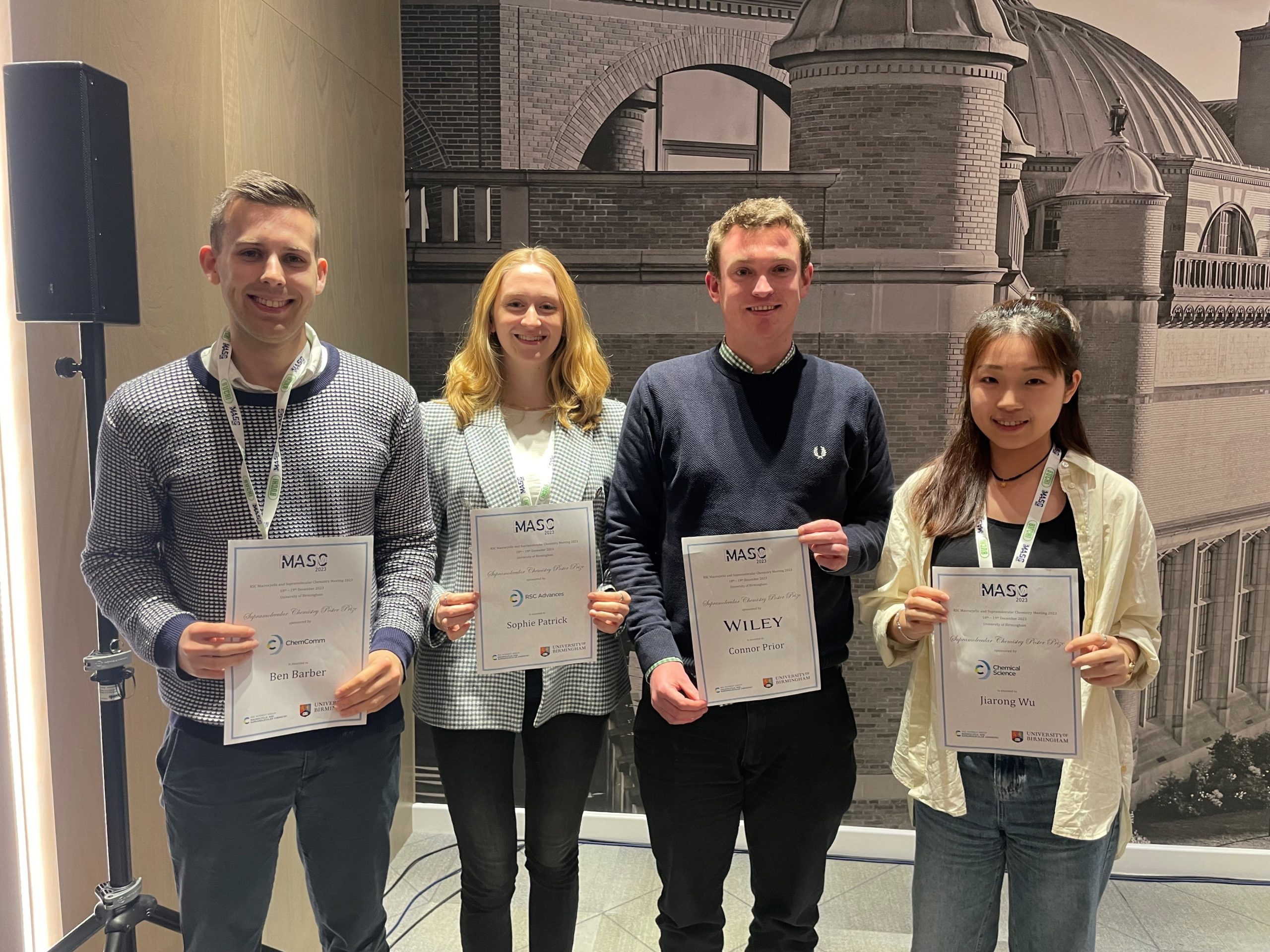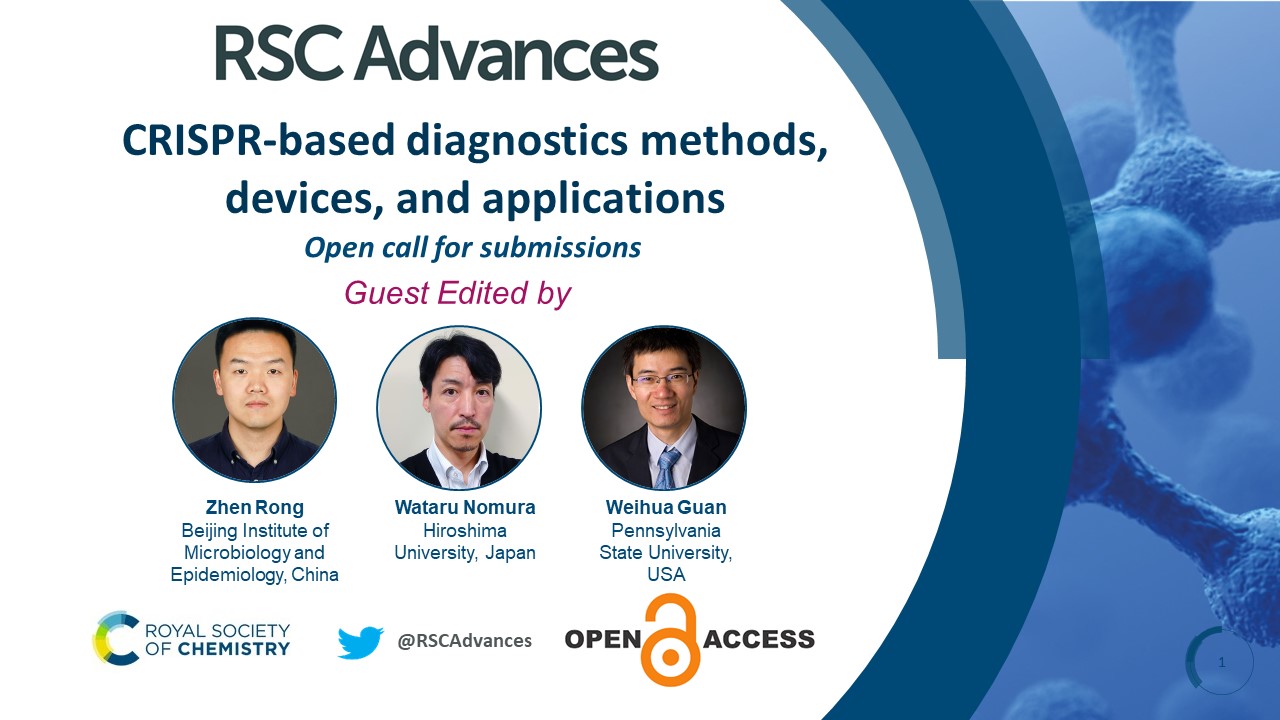RSC Advances is excited to spread awareness for a research technology platform that is freely available for researchers from less well-resourced geographical regions, subject to application.
The University of Warwick recognise that excellent science is carried out in areas of the world that might not have access to the type of analytical facilities that are often required by many international journals, referees and editors. This can sometimes obstruct publication and dissemination.
To support this, the University of Warwick is offering up their analytical facilities for free short-term projects globally, subject to application. This opportunity is open to everyone from a less well-resourced geographical region at all stages of their career.
The Research Technology Platform at University of Warwick is a cross university facility providing an integrated network of world-class technologies needed to carry out outstanding research. This platform provides wide ranging polymer characterisation technology including GPC, TGA, DSC, etc. It is part of a suite of analytical facilities supported by the University of Warwick, which also includes a suite of X-Ray diffractometers from single crystal and powder to SAXS, microscopy high resolution TEM, SEM and spectroscopy. The equipment is managed by highly trained technical staff.
Follow the links below to find out more information on the Research Technology Platform, how to apply for Global RTP Access, and important things to consider before the application:
For successful applicants, there will be no cost for use of the facility if the application is approved. However, this does not include travel or shipping costs. All they ask is that where technical staff have contributed to the research, they are acknowledged in the most appropriate way to recognise their contribution.
For further information on Research Technology Platforms email: rtp@warwick.ac.uk, or follow them on X: @RTP_Warwick
Submit to RSC Advances today! Check out our author guidelines for information on our article types or find out more about the advantages of publishing in a Royal Society of Chemistry journal.
Keep up to date with our latest Popular Advances, Reviews, Collections & more by following us on X. You can also keep informed by signing up to our E-Alerts.















